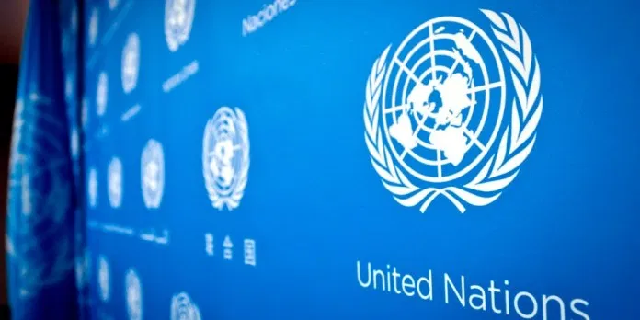The Federal Government of Nigeria has formalized a $175 million partnership agreement with the United Nations Industrial Development Organisation (UNIDO) to accelerate the country’s industrial development and economic transformation.
The Programme for Country Partnership (PCP) was signed on Wednesday in Abuja by the Minister of Budget and Economic Planning, Senator Abubakar Bagudu, who emphasized its alignment with Nigeria’s development roadmap, including Agenda 2050, the National Development Plan, and President Bola Tinubu’s Renewed Hope Agenda.
“Our goal with this partnership is to strengthen Nigeria’s industrial base, drive technological innovation, and foster sustainable economic growth,” Bagudu stated.
The PCP’s total budget of $174.585 million is structured with Nigeria contributing 14.3% ($24.965 million) as counterpart funding, while UNIDO is expected to mobilize the remaining 85.7% ($149.19 million).
Bagudu noted that while Nigeria’s investment absorption capacity runs into hundreds of billions of dollars, this collaboration aims to enhance private sector participation and expand access to international capital.
“The economic potential of our nation is vast, and this agreement will serve as a catalyst, enabling greater investment absorption, particularly in the private sector,” he said.
He emphasized the government’s commitment to industrialization, highlighting key economic reforms such as the removal of oil subsidies, the adoption of a rule-based foreign exchange system, and the introduction of a consumer credit program. “For a nation with over 200 million people, consumer credit is vital to stimulating demand for locally manufactured goods, ensuring manufacturers can focus on efficiency rather than market access challenges.”
Nigeria’s ongoing energy transition efforts were also underscored, with the minister stressing the country’s prioritization of Compressed Natural Gas (CNG) and Liquefied Natural Gas (LNG) as cost-effective alternatives to petrol and diesel. “Our objective is to lower industrial production costs through more affordable and reliable energy solutions, making Nigeria’s manufacturing sector globally competitive,” he added.
President of the Manufacturers’ Association of Nigeria (MAN), Francis Meshioye, hailed the PCP as a strategic tool for implementing the industrial segment of Nigeria’s national development plan.
According to Meshioye, over 1,000 staff from manufacturing companies are already benefitting from the program’s capacity-building initiatives, further strengthening Nigeria’s industrial workforce.
“The private sector and manufacturers are fully prepared to provide the necessary resources to facilitate the effective domestication and implementation of the program’s key methodologies,” he assured.
With this agreement, Nigeria is poised to leverage international partnerships to drive industrial growth, create jobs, and position itself as a competitive economy in the global market.













